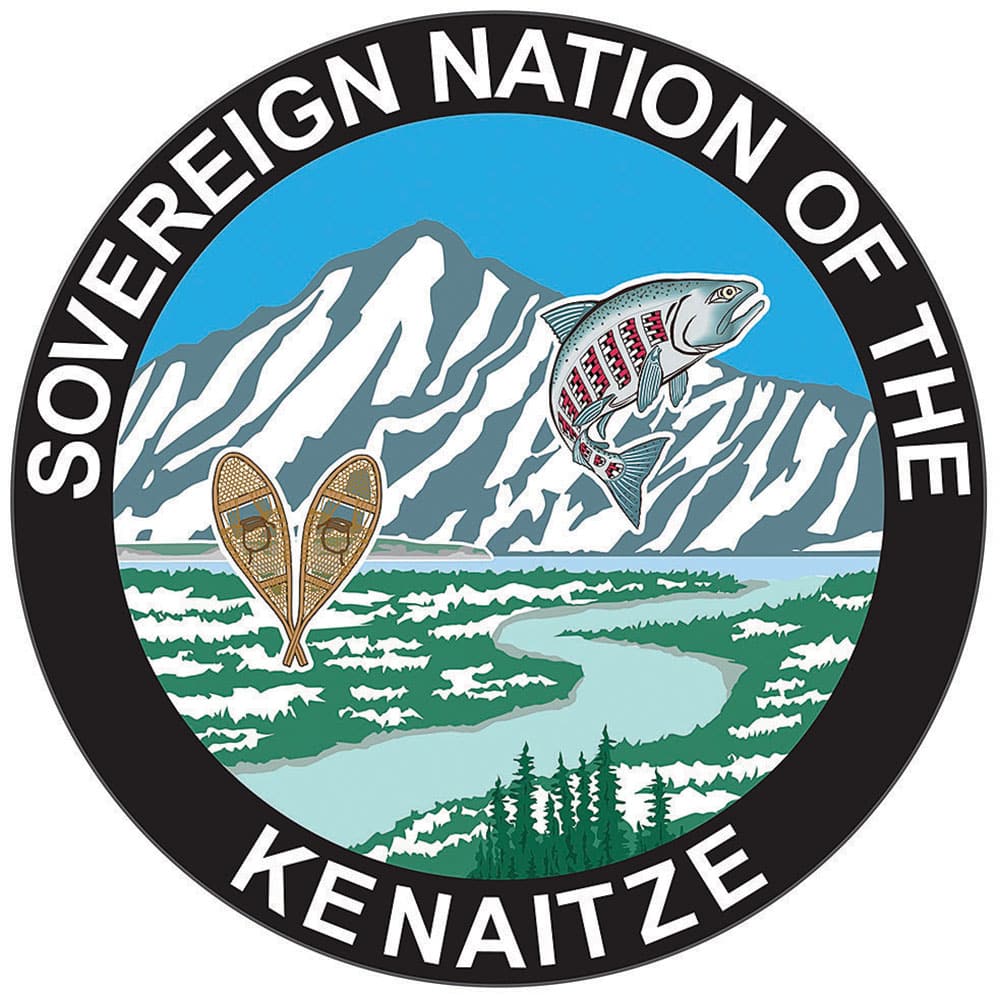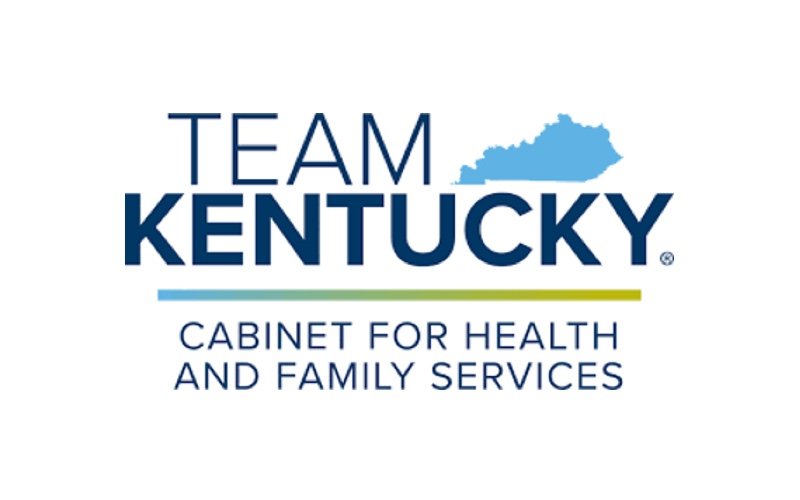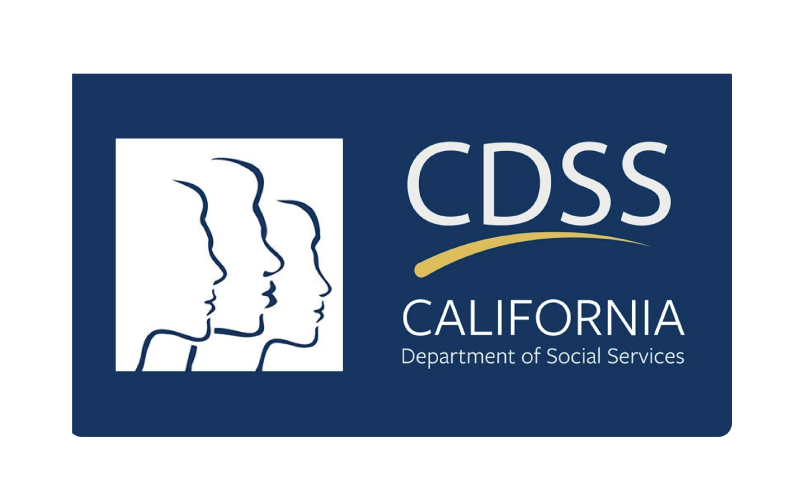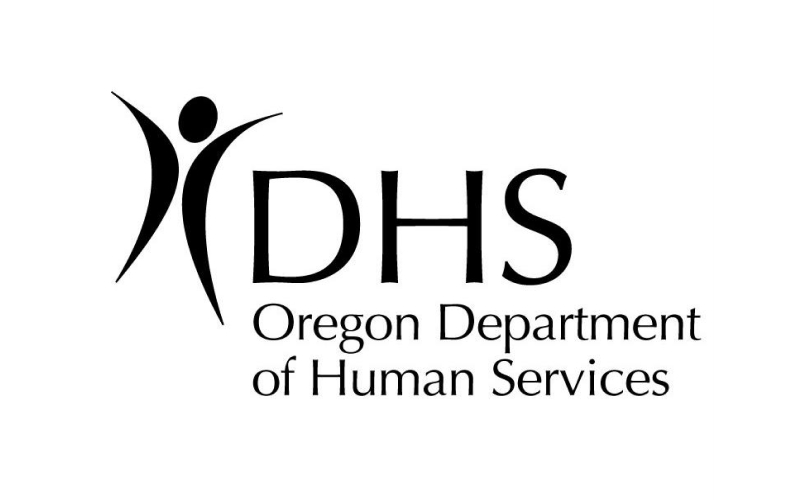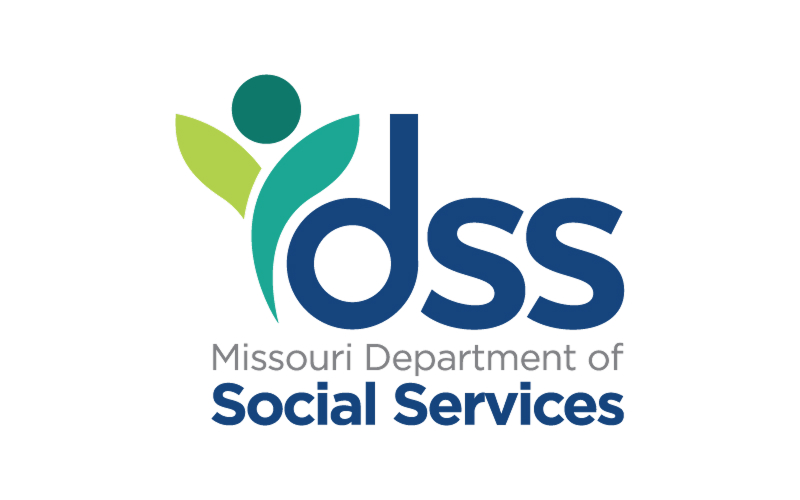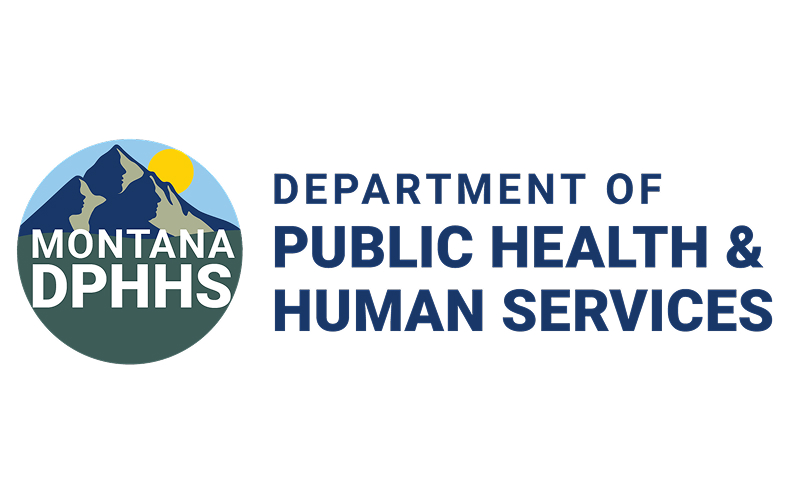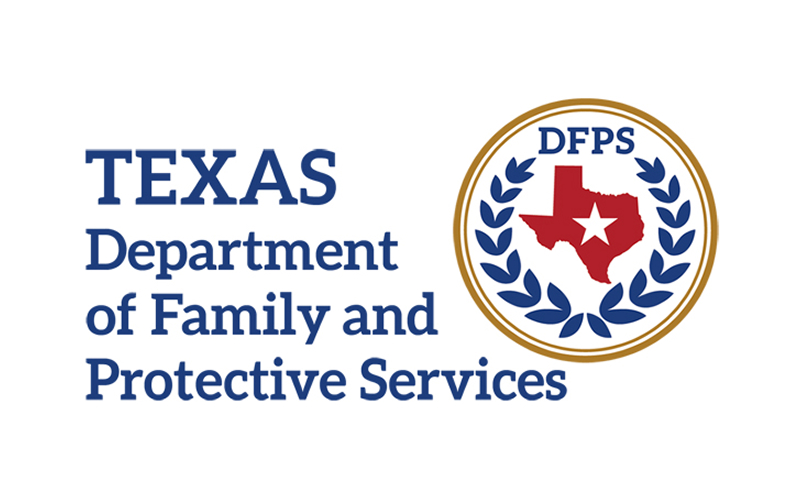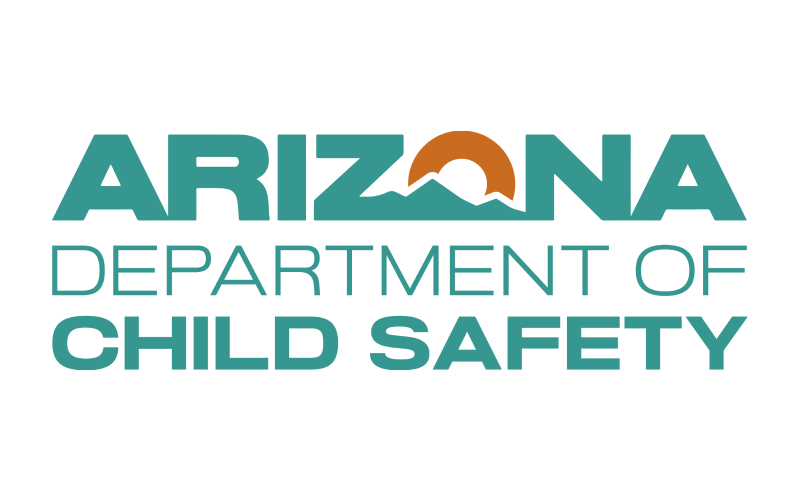Pre-Service Training
Foster and adoptive parents—including relatives who foster or adopt—must complete the 24-hour Resource Family Introduction Training (RFIT) pre-service training, which was adapted from the National Training and Development Curriculum. No additional training is required for parents transitioning to adoption or guardianship.
Services Offered Through the State’s Post-Permanency Support Program
The Maine Department of Health and Human Services’ Office of Children and Family Services (OCFS) contracts with two private providers to support adoptive and guardianship families in the state—Adoptive and Foster Families of Maine (AFFM) and Community Health and Counseling Services (CHCS). Foster families and kinship caregivers are also eligible for support.
Services include:
OCFS supports about a minimum of 30 families per year through the flexible funding support. In fiscal year 2023, 215 new adoptive families received outreach by phone to advise of available supports, 73 families received individualized phone support, and 24 families received in-home clinical supports through Community Health and Counseling.
For more information, visit https://www.maine.gov/dhhs/ocfs/support-for-families/fostering-adopting/resources-for-foster-or-adoptive-parents
Geographic Area Covered
All services are available statewide. AFFM has two offices and has staff who live around the state in other areas. The resource family specialists/kinship navigators are each assigned to a particular region. CHCS's parent care teams are also regional. Because some areas of the state have fewer resources to serve families, OCFS has worked to make sure services are available in all areas, including funding transportation and offering pilot projects.
Eligible Population for the Overall Post-Permanency Program
Variations in Eligibility for the Post-Permanency Program
State staff support and the flexible funding supports are only available to families who adopted from Maine foster care.
Camp scholarships are for adoptive/guardianship families only.
CHCS's counseling services are available to kinship, foster, adoptive, and guardianship families. Kinship providers who are not involved with child welfare and therapeutic foster homes are not eligible.
Outreach and Engagement
The state shares a folder that includes information about post-permanency services with parents when they become licensed. AFFM also receives notice of newly licensed families. AFFM co-facilitates the pre-service training and shares information about available post-permanency services during training. The CHCS resource parent care team attends the last session to provide an overview of the clinical support they provide
The state provides CHCS with contact information for all families who have a new placement or who have finalized an adoption or guardianship, and CHCS reaches out to share information about their services.
The state also provides AFFM with a monthly list of families who recently adopted or obtained permanency guardianship through the foster care system. AFFM's resource family specialists reach out to the new families to share information about the available services. They also offer the families a backpack through the Jockey Being Family program.
AFFM also shares information through social media, community events, and radio public service announcements. They conduct outreach to schools and share program flyers in all DHHS offices, probate courts, and district courts.
How the Post-Permanency Program Is Operated
Notes About Who Provides Which Service(s)
Community Health and Counseling Services (CHCS) offers therapeutic phone support and clinical services.
The state funds the respite care services and operates the program to provide the flexible supports. A small team of state staff help families with their adoption/guardianship assistance-related questions and provide referral and answer questions.
Adoptive and Foster Families of Maine (AFFM) provides all other services described above.
Adoption/Guardianship Assistance/Subsidy Review and Changes
Adoptive parents and guardians are responsible for notifying the state if there are any changes that would affect their child's eligibility for adoption or guardianship assistance. The state conducts an annual review of only the assistance agreements that include a childcare subsidy. State staff also review agreements before a child turns 18 to determine if they may be eligible for extended support.
An adoptive parent or guardian can apply for an increase in the assistance agreement if there are substantial changes in the child's needs or family's circumstances and the family is not already receiving the highest rate. The Department will check to see if the family is potentially eligible for an increase and then will ask the parents/guardians to submit a formal application. The caregivers must provide clinical documentation that supports the need.
Tracking Adoption/Guardianship Discontinuity
The state uses its data system to track children who re-enter foster care and to track when children adopted from another country enter foster care. When a child re-enters foster care, the caseworker also informs the permanency unit.
Post-Permanency Program Spending (FY 2023)
Funding Sources for the Post-Permanency Program (FY 2023)
- State funds
- Title IV-B, Part 2 (Promoting Safe and Stable Families/PSSF)
- Other federal funds



